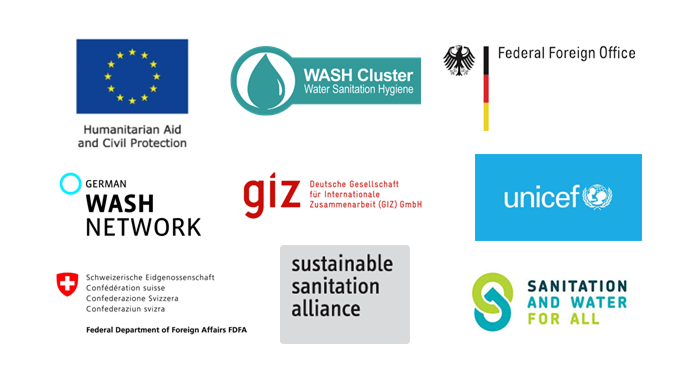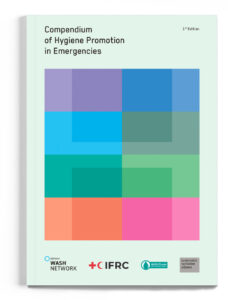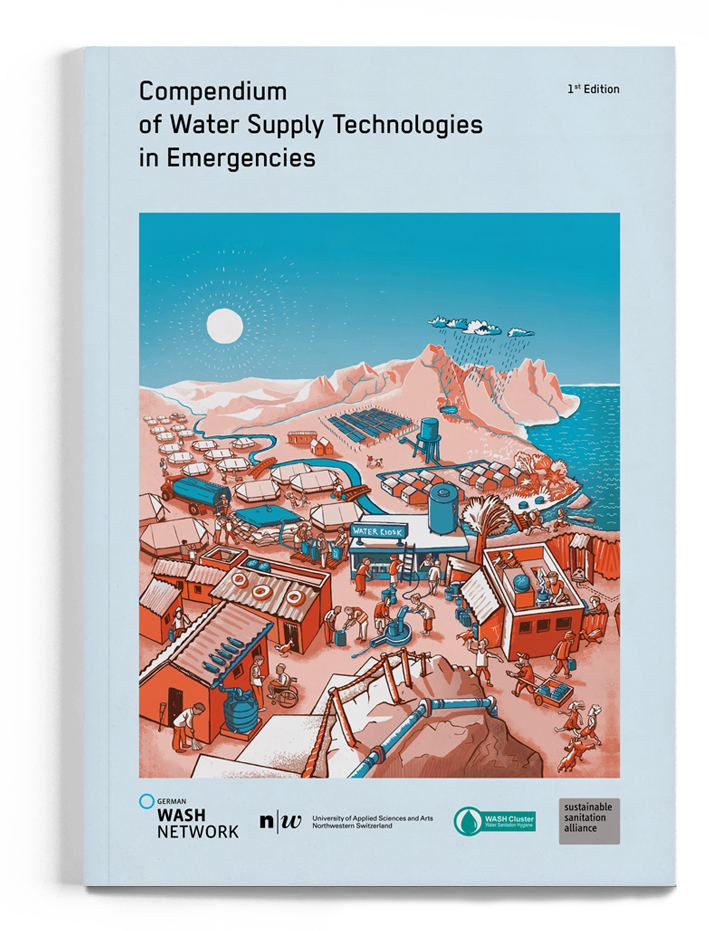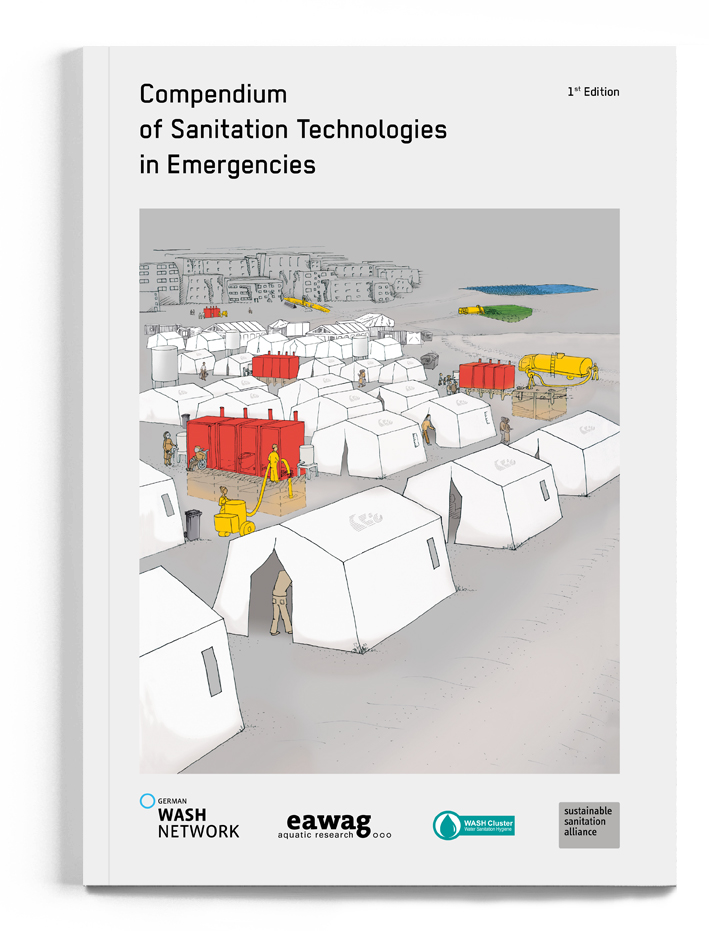Stockholm Water Week 2018

Opportunities and Challanges of Localising WASH Humanitarian Assistance
The global humanitarian system is overstretched: crises are increasing in number and severity. The humanitarian WASH sector is seeking ways to meet these growing demands. The established centralised, process-driven mechanisms are a hindrance to contextualised response and the meaningful engagement of local actors. An increasing number of countries are calling for more locally led responses; some even resist to accept international assistance. In 2016, the World Humanitarian Summit advised a stronger localisation of humanitarian assistance and the “Grand Bargain” pledged to provide more support and funding to local and national responders. Two years later, this event aims to take stock of progress, identifying useful approaches, tools and partnerships to assist in localising aid, without compromising the quality of response and the humanitarian principles. Building upon a session with a similar focus at the Global WASH Cluster Meeting in April 2018, the event will utilise a café style format to share results and to encourage dialogue between humanitarian and development actors. Both have a strong interest in resilient societies. Complementarity of targeted investments and efforts is required to build capacity and better prepare local institutions and civil society to overcome the existing and looming challenges.
Opportunities and Challanges of Localising WASH Humanitarian Assistance
29. August 2018 I Room NL357
09:00 Welcome, seminar introduction and thematic definitions by facilitator
Thilo Panzerbieter (German WASH Network, Chair)
09:10 Where are we now? Current status, gaps and challenges of localizing humanitarian aid in the WASH sector
Dominique Porteaud (Global WASH Cluster, Coordinator)
09:15 Building strong and resilient country systems: How can SWA contribute to the localisation agenda?
N.N. (SWA Representative)
09:25 Short input presentations: From local to global – Exchanging perspectives on localisation
09:40 – 09:45 Q&A
09:45 Round table workshop – Identifying practical recommendations, approaches and partnership that can accelerate progress in localising aid
- Mobilising local actors
- Moving forward the Humanitarian and development nexus
- Streamlining donor policies and incentives
- Adapting the SWA framework to be applicable to humanitarian contexts
10:15 Reporting back and prioritisation of key recommendations
Table rapporteurs
10:25 Event Conclusion
The link to the event at the official Stockholm World Water Week website you will find here.
Convener
European Commission Directorate General for Humanitarian Aid and Civil Protection
Deutsche Gesellschaft für Internationale Zusammenarbeit
United Nations Children’s Fund
Federal Department of Foreign Affairs, Switzerland
Sustainable Sanitation Alliance (SuSanA)
In Collaboration with





